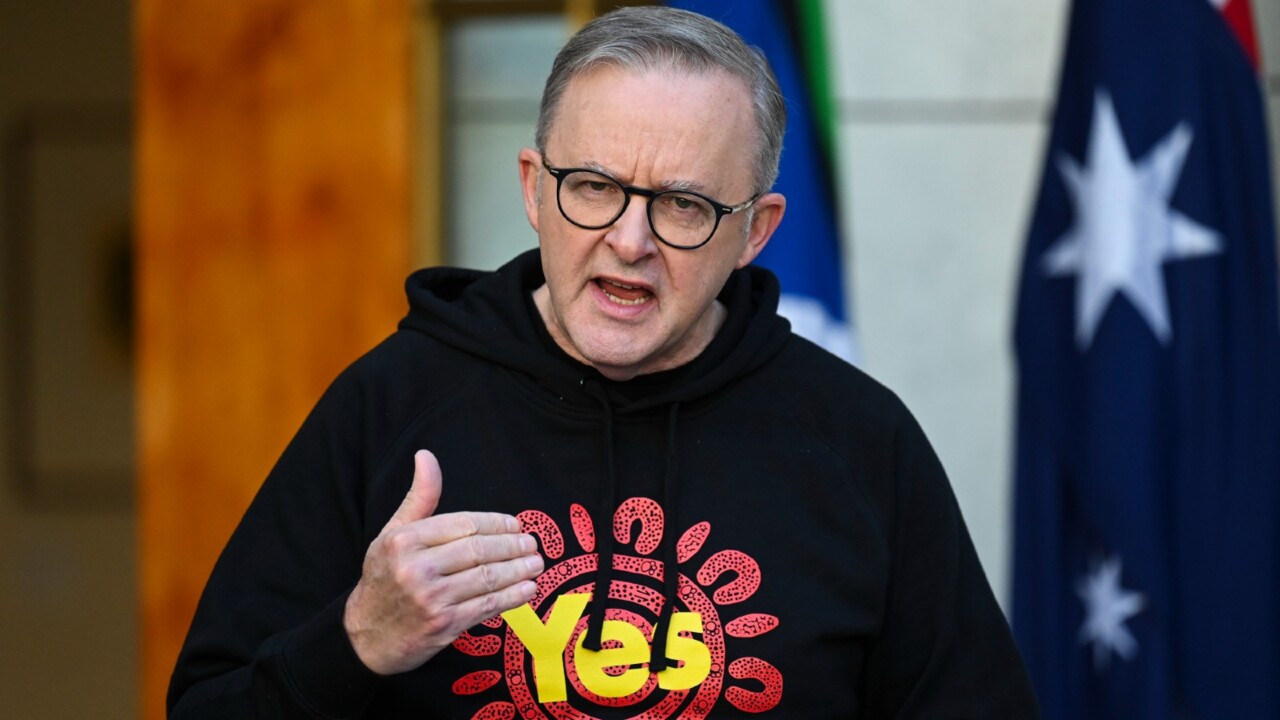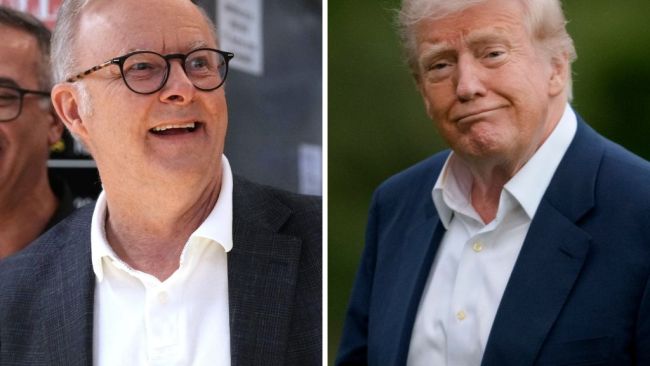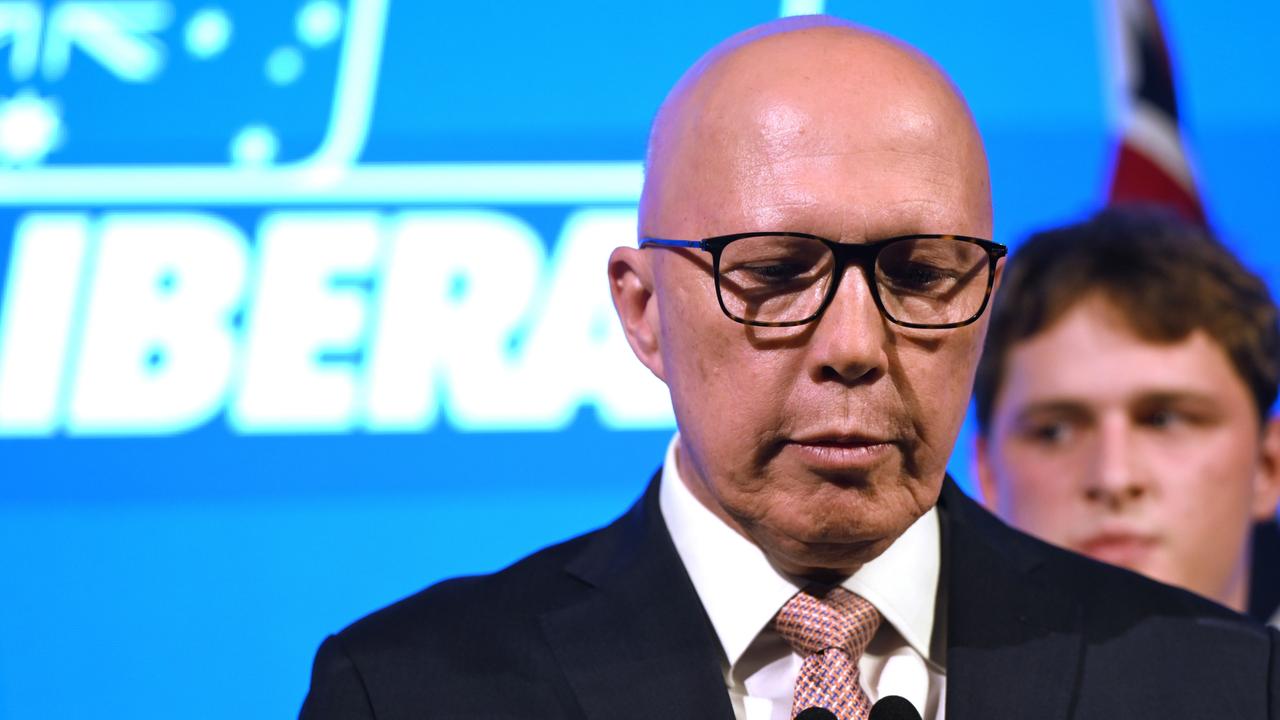Albanese has spent his and Labor’s political capital on a debate which has divided the country


Not only has the Prime Minister failed to energise the nation into supporting his key election pledge, Labor is suffering pre-fallout damage as a consequence.
Albanese has expended his political capital on a debate that has divided the country and assisted in driving down the Labor Party’s electoral stocks.
What occurs on the other side of next weekend is anybody’s guess.
There have been critical shifts over the past few weeks that have obvious implications for the voice but also the broader political landscape.
Once the rock upon which a victory for the voice would be built, support among younger voters has been eroding since the beginning of the voice campaign.
It has now reached a tipping point where, according to the latest Newspoll, more 18-34 year olds for the first time say they intend to vote no than those saying yes.
At just 46 per cent, there has been a collapse for the Yes case among those most inclined to support it.
At the beginning of the year, approval of an Indigenous voice to parliament was at 70 per cent.
And if a majority of younger people can’t be convinced to back it, then the referendum has no hope.
There is now not a single demographic represented in Newspoll that shows the Yes vote ahead of the No vote.

This is more than just a failure of the campaign. It points to something far more fundamental.
Voters would appear to be more concerned about the principal argument rather than a debate over the mechanics.
There were early indications that it would head this way. A Newspoll conducted at the start of the year, when the split was the reverse of what it is today – 56 per cent in favour, 37 per cent against – identified two factors that most influenced the No vote.
The strongest reason for opposing it then was a belief that it favoured one group of Australians over another.
The second was doubt that it would help solve the problems facing Indigenous Australians.
Those two factors – division and disbelief – were early and leading indicators. This was before the No campaign had even begun.
These are now the prevailing issues the Yes campaign and the Albanese government face in trying to turn votes in the final week.
While the generational divide has narrowed in recent weeks, it is not in the way the Yes camp was hoping. If anything, there appears to be a generational influence at work, with parents and grandparents now sharing their doubts with their children.
While the public and political debate remains polarised, voter sentiment has become less partisan.
Labor voters have begun to turn against the question, with the gap between the Yes and No camps narrowing significantly since the start of the official campaign five weeks ago.
The No vote among those identifying as Labor supporters is now at 42 per cent, and the Yes vote is down to 48 per cent. In February, support for the voice among Labor voters was at 71 per cent.
While things could change within the next six days, there is nothing in the polls that would lend encouragement to a more optimistic outcome.
Albanese is now paying a political price. Labor’s primary vote has dipped to its lowest level since the election at 34 per cent. Albanese’s approval ratings are now also at their weakest point.

While these are early warning signs for the government that its focus must shift, Peter Dutton isn’t reaping electoral rewards as a result.
The Coalition’s primary vote has improved, but only to the point that it has returned to its election-losing level of 36 per cent.
And while the leadership margin has narrowed to its tightest since the election, Albanese still remains comfortably ahead of the Liberal leader as preferred prime minister.
Albanese, however, cannot escape his attachment to the broader rejection of the voice at a time when the primary focus for most Australians is on their household budget.







For Anthony Albanese, the voice referendum can’t be over soon enough.